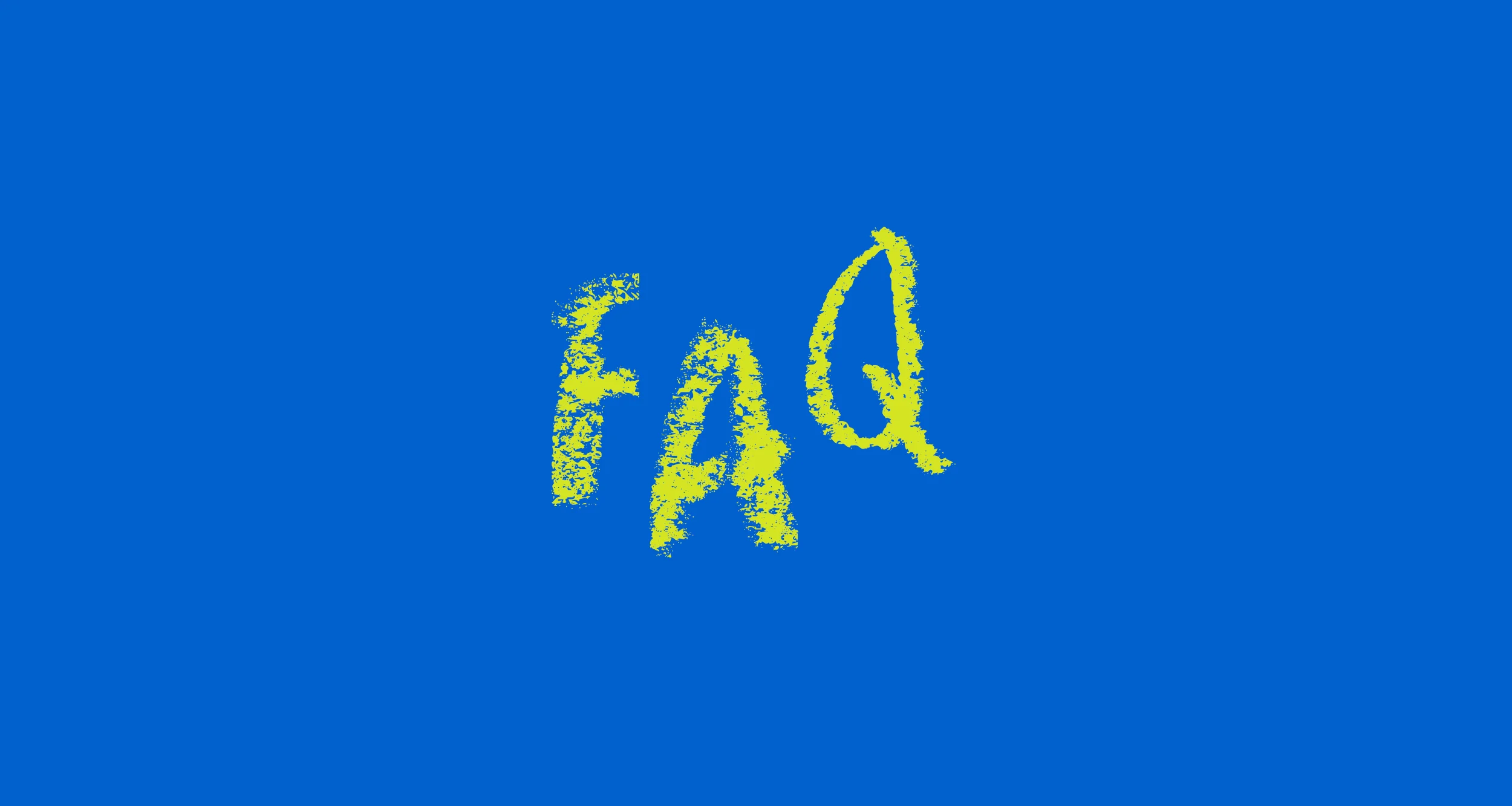Q: Did you used to smoke? The attitude to smoking in TFIOS is very different from the one in Looking for Alaska.
I probably smoked more while working on the book that became The Fault in Our Stars than I did while working on the book that became Looking for Alaska. (I quit smoking in like 2003, by which time I’d worked some on both books, although obviously neither was anywhere close to finished.)
I think Alaska is more of an anti-smoking novel than TFiOS is (Hazel has that one little rant about cigarettes, whereas huge chunks of Alaska are devoted to exploring all the sad ways that smoking is a way of us expressing our desire to self-immolate).
Anyway, I hope that neither of the books celebrates smoking, as smoking is a stupid and also fatal way to spend money. But smoking is a pretty fascinating (to me, anyway) example of how all of use signaling and other symbolic forms of communication to construct our ideas of ourselves.
